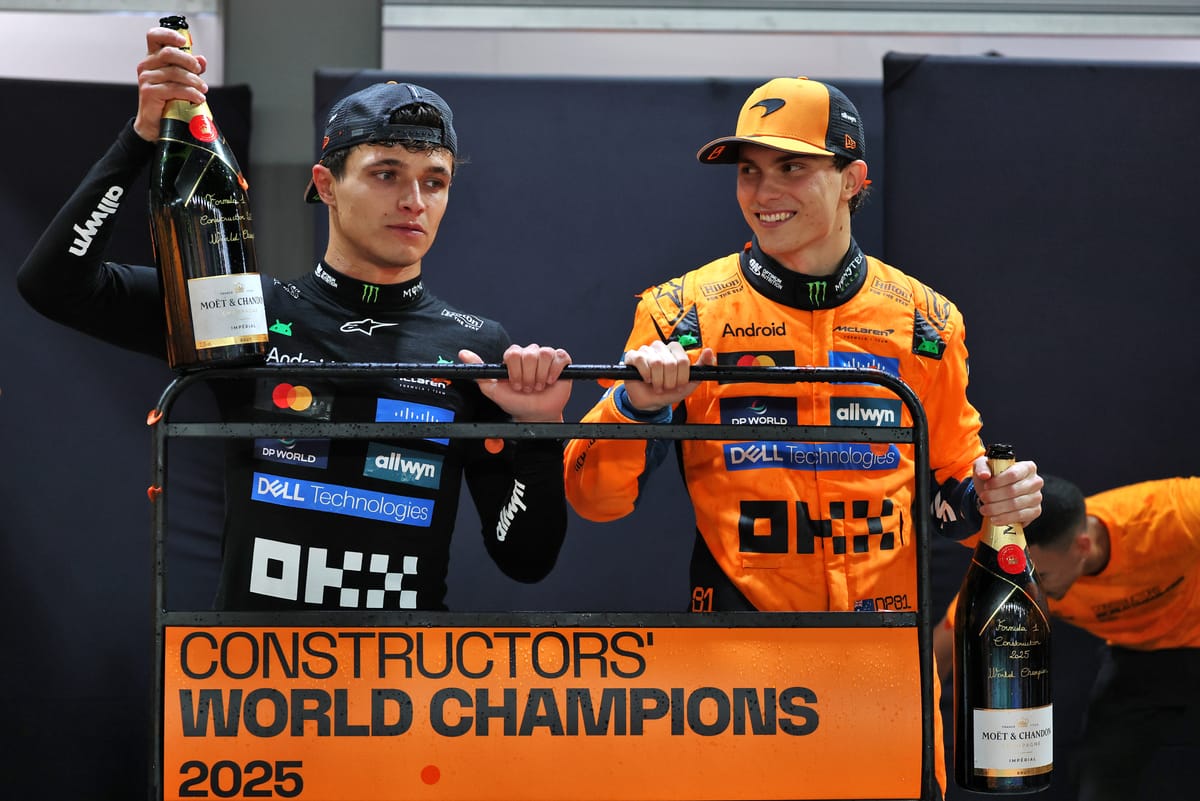In recent discussions, McLaren has expressed that they would prefer to replicate their 2007 strategy rather than favor one driver over the other. The 2007 season was marked by internal conflicts and team orders that aimed to balance competition between drivers, which ultimately led to a more cohesive team dynamic.
Team principal Andreas Seidl highlighted that maintaining fairness and team integrity is more important than individual success. He emphasized that prioritizing one driver over another could undermine team morale and performance, especially in a highly competitive environment like Formula 1.
Historically, McLaren's 2007 season was characterized by a complex relationship between Lewis Hamilton and Fernando Alonso. The team faced criticism for allegedly favoring Alonso at certain points, which caused tension and affected their overall results. Reflecting on this, McLaren now advocates for a more balanced approach, ensuring both drivers have equal opportunities to compete.
Seidl pointed out that the team's focus is on creating a fair environment where both drivers can excel without bias. This philosophy aims to foster healthy competition within the team, which can lead to better performance on the track. The team believes that such an approach not only benefits the drivers but also enhances the team's overall competitiveness.
Moreover, McLaren is aware of the potential repercussions of favoritism, including internal discord and public criticism. By choosing a strategy akin to 2007, they hope to avoid these pitfalls and promote a culture of transparency and fairness.
Looking ahead, McLaren is committed to implementing policies that support equal treatment of drivers. This includes clear communication and consistent team orders that prioritize fairness. The team’s goal is to build a resilient and united squad capable of contending at the highest level of Formula 1.
In conclusion, McLaren's stance reflects a broader philosophy of integrity and teamwork. They believe that a balanced approach, even if it means facing challenges similar to those of 2007, is ultimately better for the team's long-term success and reputation in the sport.
